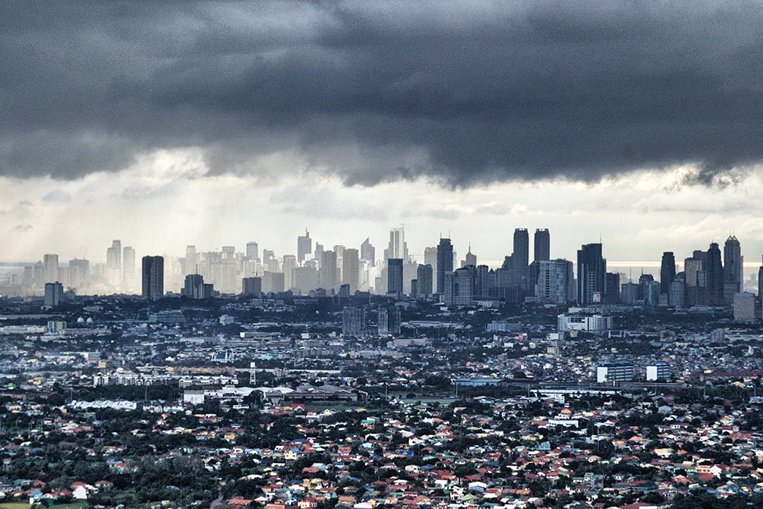
The next time you’re sitting in traffic and you feel like Carmageddon is slowly making you lose your mind, then that might well be exactly what’s happening—and it’s all due to the dirty air surrounding us. New research conducted in China found that air pollution could have a significant impact on our intelligence, meaning breathing in toxic air is not only physically harmful, but it also has negative consequences for the human brain. Traffic, in other words, is literally making us stupid.
The study, called “The Impact of Exposure to Air Pollution on Cognitive Performance,” was published in the scientific journal Proceedings of the National Academy of Sciences of the United States of America. It concluded that polluted air could cause a reduction in intelligence equivalent to losing one year of education, according to Yale School of Public Health’s Xi Chen, who helped pen the research. The study also found that air pollution could have short-term effects impacting our intelligence in negative ways. For example, students who take an exam on a day with high pollution readings may see their test scores drop as a result of it.
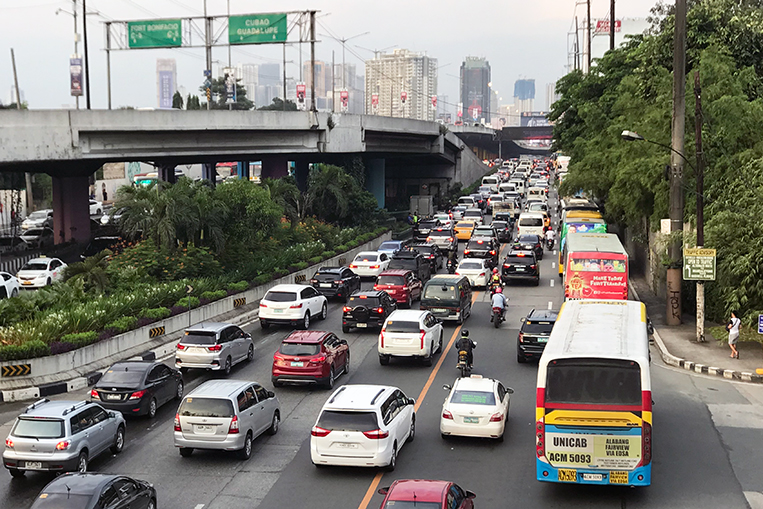
To come to these drastic conclusions, scientists looked at the results of language and arithmetic tests that were conducted on 20,000 people between 2010 and 2014 as part of the China Family Panel Studies program, a nationally representative survey of families and individuals in the country. Because the CFPS had accurate geographic location data and dates when individuals took the tests, boffins were then able to precisely match test scores with local air quality data. This data set was then analyzed and cleaned to gain scientifically valid conclusions.
The results make for grim reading, indicating that the longer people were exposed to polluted air, the bigger the damage to their intelligence. Language abilities were more harmed than mathematical skills, and men appeared to be suffering negative effects more than women. Those aged 64 and above—as well as participants with low education levels—were affected the worst. This means pollution places more strain on the most vulnerable members of our society than previously thought.
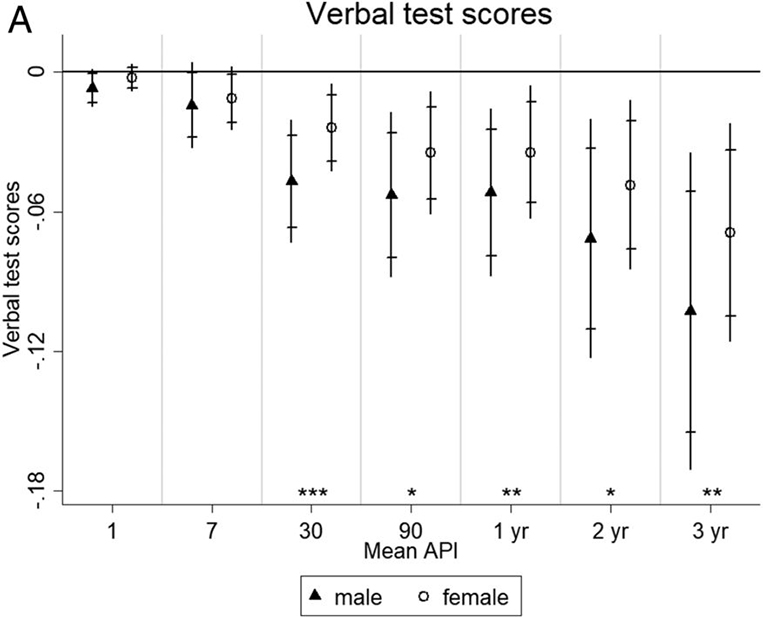
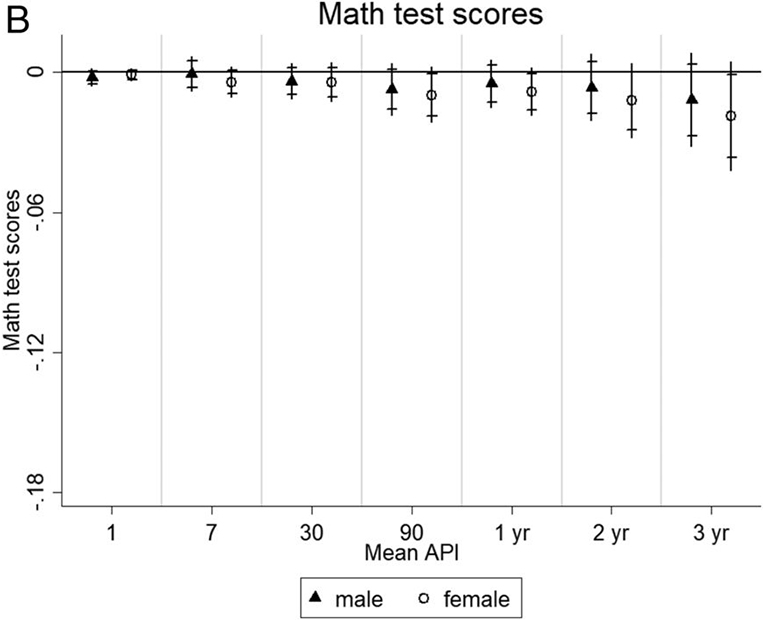
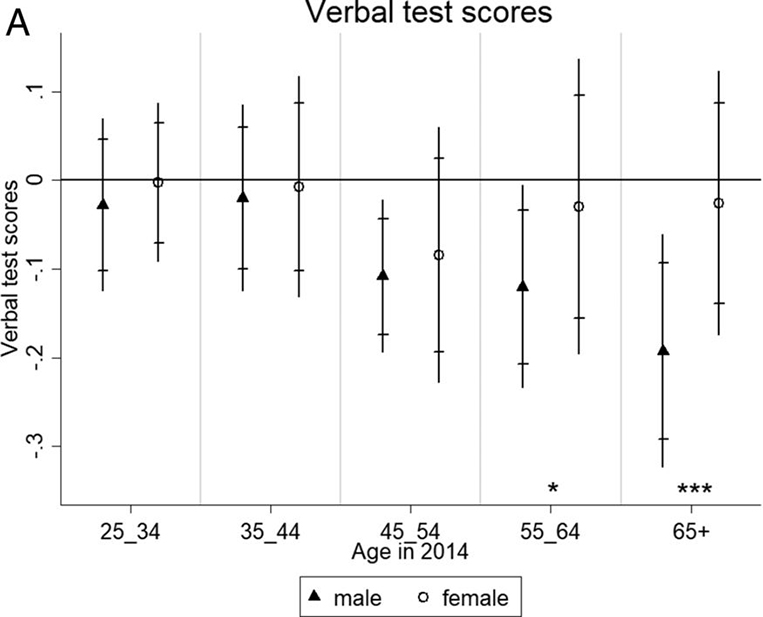
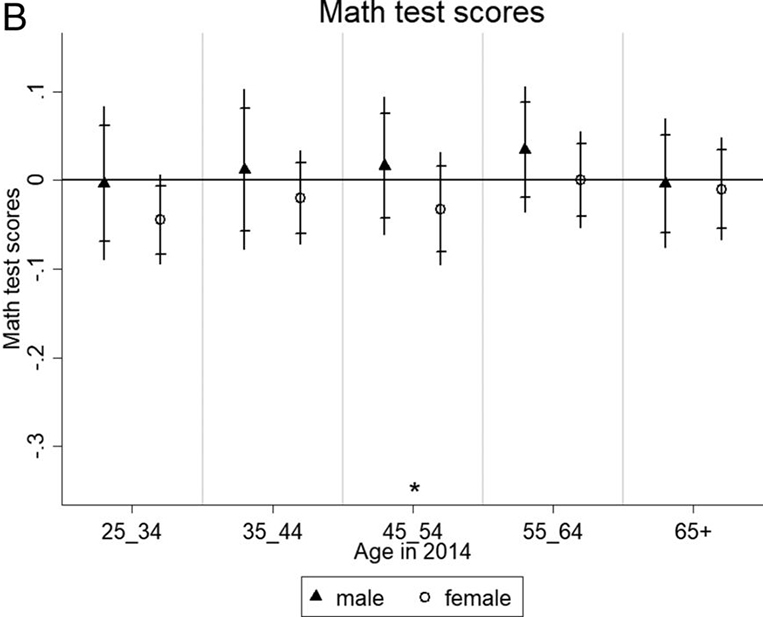
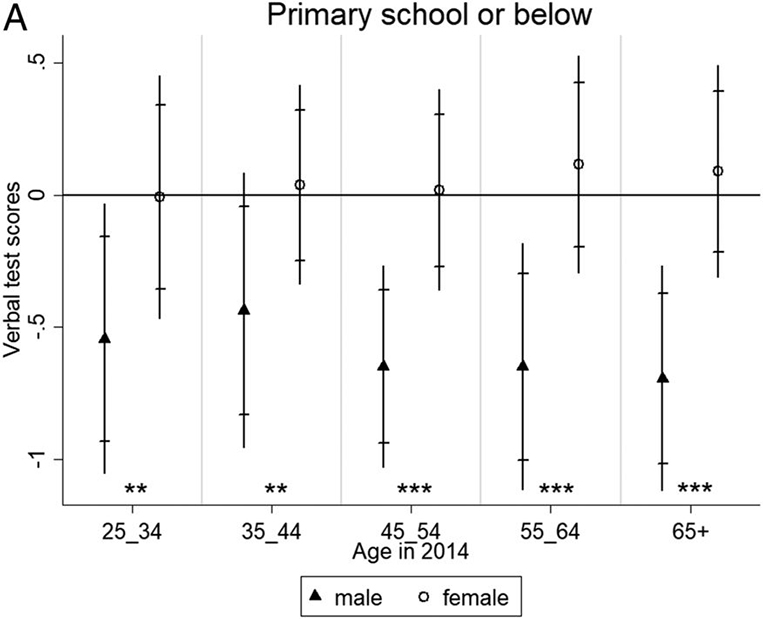
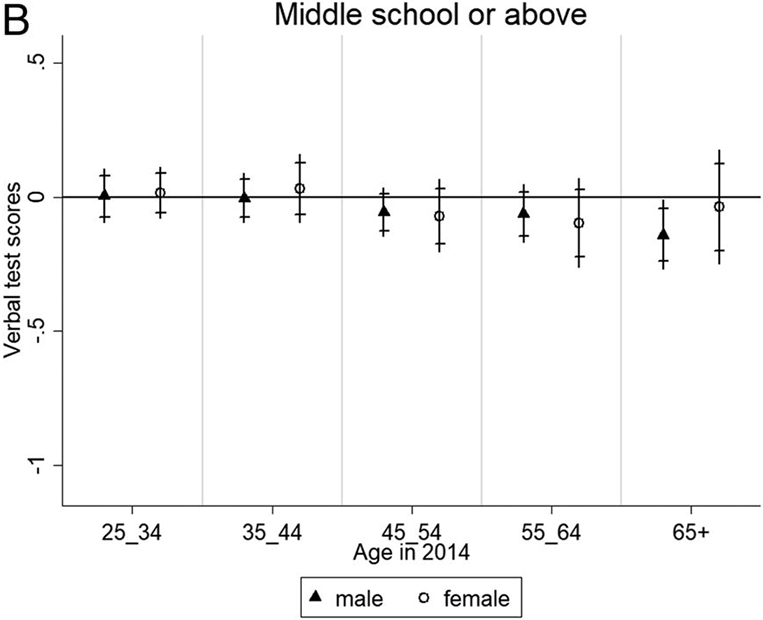
It is believed that the toxins in the air can be associated with oxidative stress, neuroinflammation and neurodegeneration among humans (read: traffic and industrial emissions are literally making our minds sick). All of this happens on top of the physical effects that breathing bad air brings, with an estimated seven million premature deaths being attributed to pollution globally every year.
The message, then, is pretty clear: Governments must do a lot more to combat air pollution. There are still way too many smoke-belchers on the road, and this research is one more reason to get tough on them. Then again, maybe that’s the plan—to turn everyone into a dummy so that incompetent, corrupt politicians keep getting elected. But that’s another story.











Comments